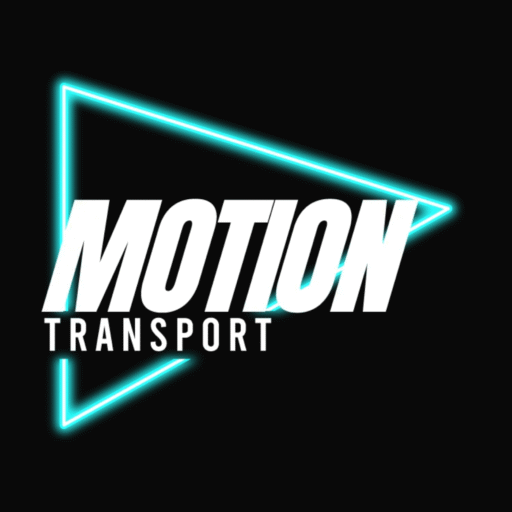New data shows that a year on from the launch of the Northern Fail App, May 2018 - May 2019, Northern Rail fully cancelled 15,800 trains, and partly cancelled 18,696 more. This is in addition to an increase in the number of trains running with fewer carriages, with 28,198 trains implementing carriage reductions in the same period.
Overall, this means across the entire Northern Rail network, there were a total of 258,266 cancelled stops - the number of times a train failed to arrive or stop at a station as scheduled. This timeline coincides with the debacle around the timetable changes last Autumn, that caused havoc for commuters and still frustrates many today.
12 months of Northern Rail service level statistics:
- 15,800 full service cancellations
- 18,696 part service cancellations - train not stopping at all scheduled stations
- 258,266 cancelled stops - number of times a train did not stop at a station as scheduled due to the above full or part service cancellations
- 28,198 reduced carriages - train services running but with reduced capacity
- 23% of cancelled services due to a shortage of train drivers
The Northern Fail App was created by frustrated commuter Nick Mitchell, a software engineer at data and API integration specialist SPINR. Nick launched the Northern Fail App in May 2018, when he became fed up of constant delays and cancellations on his daily commute into Manchester. To avoid this continuous disruption, Mitchell passed his driving test, bought a car and now drives to work every day.
Since then, Northern Fail has become a go-to source of information for the jilted commuter, with 16,000 app downloads. Using the latest data integration technology to aggregate, transform and prepare the data, SPINR has now made 12 months of data available on a dedicated web page that showcases some worrying statistics for commuters using the Northern Rail service.
- 15,800 fully cancelled and 18,696 partially cancelled trains by Northern Rail in the last 12 months
Northern Fail’s data shows there has been 15,800 full service cancellations and 18,696 part service cancellations across the Northern Rail network since May 2018.
- 258,266 cancelled stops in the last 12 months
The number of times a scheduled train failed to arrive or stop at a station exceeded a quarter of a million in the last year.
- 23% of trains cancelled due to ‘a shortage of train drivers’
12% cancellations were because of ‘faults’ on the train and 5% because of a shortage of train conductors.
- 28,198 trains ran with carriage reductions in the last 12 months
Although these trains were running, they were operating with a reduced number of carriages, meaning fewer passengers were able to travel, and carriages were often cramped with standing room only.
- Manchester Piccadilly is the Number 1 station for cancelled trains
Top 10 rundown:-
1. Manchester Piccadilly
2. Preston
3. Manchester Airport
4. Leeds
5. Manchester Oxford Road
- Leeds is the Number 1 station for trains running with carriage reductions
Top 10 rundown:-
1. Leeds
2. Manchester Victoria
3. Manchester Piccadilly
4. Salford Crescent
5. Rochdale
Manchester Piccadilly was top of the leaderboard for cancelled trains with a total of 5,001 in the last year, and also appeared as one of the stations worst hit by services running with carriage reductions, totalling 7,202. Alarmingly, commuters travelling to and from Leeds appear to be experiencing some of the worst levels of service than at any other station. Leeds station comes fourth for train cancellations with 3,525 but is way ahead of all stations for trains running with carriage reductions at 10,508 - something that may come as no surprise to anyone who uses these services regularly.
The data shows a falling trend for full service cancellations over the period, however, this is being offset by the growing trend for trains running with carriage reductions. This inevitably leads to ongoing levels of poor customer service in the midst of continued ticket price increases.
The data used in the Northern Fail App for fully cancelled services is gathered from ‘announced’ cancellations, these are trains cancelled in advance of a service departing it’s maiden station. However, the data does not account for delayed trains that are subsequently cancelled. The figures for partly cancelled services do include in-journey cancellations, but this data does not take into account reinstated services, scheduling and timetable changes. There were 47 strike days in the last 12 months and no data was collected during these days as no cancellations were announced.








